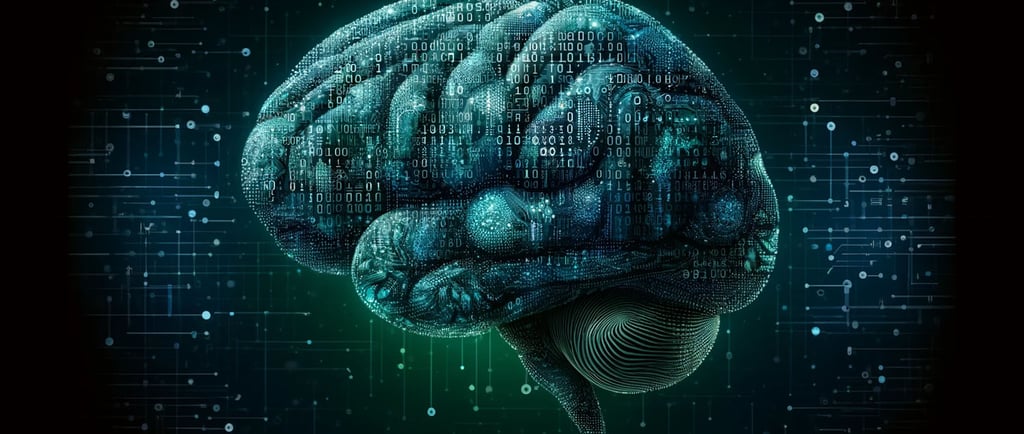Advancements in ADHD Diagnosis: The Role of EEG-Based AI Models


Understanding ADHD and the Need for Accurate Diagnosis
Attention-Deficit/Hyperactivity Disorder (ADHD) is a complex neurodevelopmental disorder that affects individuals across various age groups. Traditional methods of diagnosis often rely on behavioral assessments and subjective reporting, which can lead to inconsistencies. As the demand for objective and accurate assessment increases, innovative technologies are stepping in to transform the diagnostic landscape.
The EEG-Based AI Model: A Game-Changer in ADHD Detection
Recent advancements have led to the development of an EEG-based AI model capable of detecting ADHD with an impressive accuracy rate of 97.75%. This cutting-edge model harnesses the power of artificial intelligence to analyze neurological data, particularly focusing on electroencephalogram (EEG) signals. The inclusion of AI technologies allows for a nuanced interpretation of brain activity patterns, which significantly enhances the objectivity of the ADHD diagnosis process.
How AI Technologies Improve ADHD Prognosis
The integration of AI technologies, such as analyzing MRI, EEG, and other diagnostic data, represents a leap forward in mental health care. This sophisticated approach not only aids in the accurate identification of ADHD but also informs treatment plans tailored specifically to the individual. By providing a detailed overview of brain function and structure, healthcare professionals can achieve a more accurate and objective diagnosis, which, in turn, improves the prognosis for patients.
In conclusion, the EEG-based AI model stands out as a revolutionary tool in the diagnosis of ADHD. Its high accuracy and reliance on objective data mark a significant improvement over traditional methods, paving the way for enhanced treatment strategies and better patient outcomes. As AI technology continues to evolve, its potential applications in the medical field, particularly in mental health, will undoubtedly expand, offering hope for those affected by ADHD.
